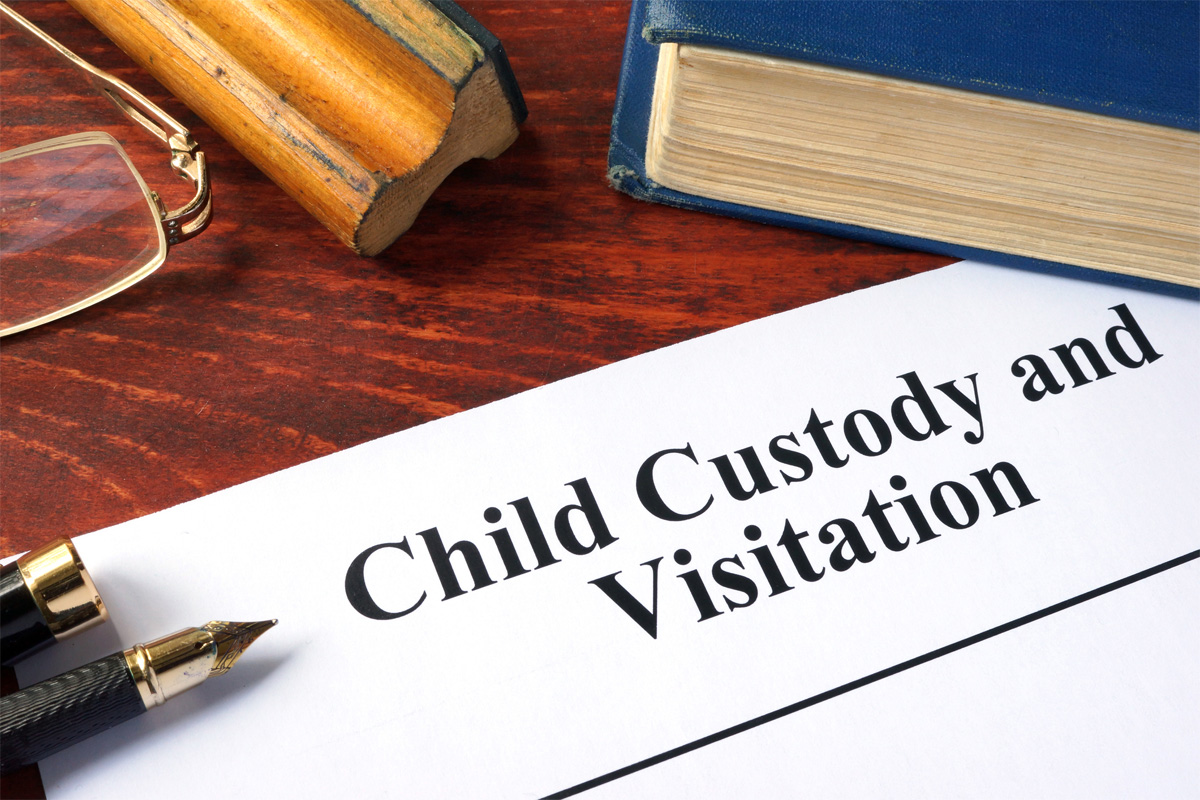Do You Need to State Legal Grounds? What Are the Benefits of Filing an At-Fault Divorce? What Grounds Are Acceptable?
 In New Jersey, as in all states, you can file a so-called “no fault” divorce. That does not mean, though, that you don’t need to state a reason, or “grounds,” for the termination of your marriage. New Jersey has only two requirements to qualify for divorce—a legally accepted reason and compliance with the state’s residency requirement.
In New Jersey, as in all states, you can file a so-called “no fault” divorce. That does not mean, though, that you don’t need to state a reason, or “grounds,” for the termination of your marriage. New Jersey has only two requirements to qualify for divorce—a legally accepted reason and compliance with the state’s residency requirement.
What Grounds May Be Stated for a No-Fault Divorce?
Pursuant to New Jersey law, a “no-fault” divorce may be granted for one of two reasons:
- You and your spouse have not lived together for a minimum of 18 consecutive months, or
- You have what you consider to be “irreconcilable differences,” another way of saying that you can’t agree on enough things to peacefully live together
What Grounds Are Acceptable in a New Jersey “At-Fault” Divorce?
The allegations that can support a divorce for cause in New Jersey include:
- Adultery or marital infidelity
- Extreme mental or physical cruelty—this must have started at least three months before the divorce complaint was filed and must have endangered your safety or health
- Nonconsensual deviant sexual behavior
- Desertion or absence from the marital home for at least 12 months
- Imprisonment for a minimum of 18 months consecutively during the marriage
- Addiction to drugs or alcohol
- Institution in a mental asylum or facility for a minimum of two years before filing the divorce complaint
What Are the Benefits of Filing an At-Fault Divorce?
Alleging fault in a divorce proceeding can be risky, because it opens the door for your spouse to make similar allegations against you. However, if you can prove fault, you may be able to persuade the judge to give you a more favorable property settlement or affect the availability and amount of alimony.
Contact the Law Office of David M. Lipshutz
We can help you understand the different options available to you in an adoption proceed, so that you can make the right decision for you and your family. For an appointment, contact our office online or call us at 856-627-1990. We are available to meet with you Monday through Friday, between 9 am and 5 pm.



 If you’re considering filing for divorce or have already been served with a
If you’re considering filing for divorce or have already been served with a  When a marriage breaks down, dividing the marital estate can be one of the biggest challenges you face. It’s significantly different from custody, visitation and support, all of which require that you put the best interests of the child ahead of any other considerations. With marital property, it’s mostly just about you and your ex, so there’s typically less to encourage agreement.
When a marriage breaks down, dividing the marital estate can be one of the biggest challenges you face. It’s significantly different from custody, visitation and support, all of which require that you put the best interests of the child ahead of any other considerations. With marital property, it’s mostly just about you and your ex, so there’s typically less to encourage agreement. Your marriage isn’t working, but you can’t point the finger at either party. There’s been no marital infidelity and you haven’t been a victim of domestic abuse of violence. You’ve just grown apart. Can you still file for divorce in New Jersey? Do you have to have a specific reason to ask the court to terminate your marriage? The answer is no…sort of.
Your marriage isn’t working, but you can’t point the finger at either party. There’s been no marital infidelity and you haven’t been a victim of domestic abuse of violence. You’ve just grown apart. Can you still file for divorce in New Jersey? Do you have to have a specific reason to ask the court to terminate your marriage? The answer is no…sort of.  A marriage may fail for many reasons. Sometimes, the parties change with the years and find they have less and less in common. Sometimes, one of the parties engages in bad or wrongful behavior—unfaithfulness or financial shenanigans—that irreparably breaks the bonds of trust.
A marriage may fail for many reasons. Sometimes, the parties change with the years and find they have less and less in common. Sometimes, one of the parties engages in bad or wrongful behavior—unfaithfulness or financial shenanigans—that irreparably breaks the bonds of trust. When you’re ending a marriage, dividing the debts and assets accumulated over the years can be one of the biggest challenges. You can work out an agreement with your ex, but it will typically have to be submitted to and approved by the court. If you are unable to reach an accord, the judge will typically consider evidence and make a determination of how everything will be allocated.
When you’re ending a marriage, dividing the debts and assets accumulated over the years can be one of the biggest challenges. You can work out an agreement with your ex, but it will typically have to be submitted to and approved by the court. If you are unable to reach an accord, the judge will typically consider evidence and make a determination of how everything will be allocated. In a divorce proceeding where there are minor children in the home, one of the most difficult decisions can be determination of
In a divorce proceeding where there are minor children in the home, one of the most difficult decisions can be determination of  Though all 50 states have adopted some form of no-fault
Though all 50 states have adopted some form of no-fault  In the state of New Jersey, when you file for
In the state of New Jersey, when you file for  In New Jersey, as in all states, courts must consider the “best interests of the child” when making decisions about physical
In New Jersey, as in all states, courts must consider the “best interests of the child” when making decisions about physical 